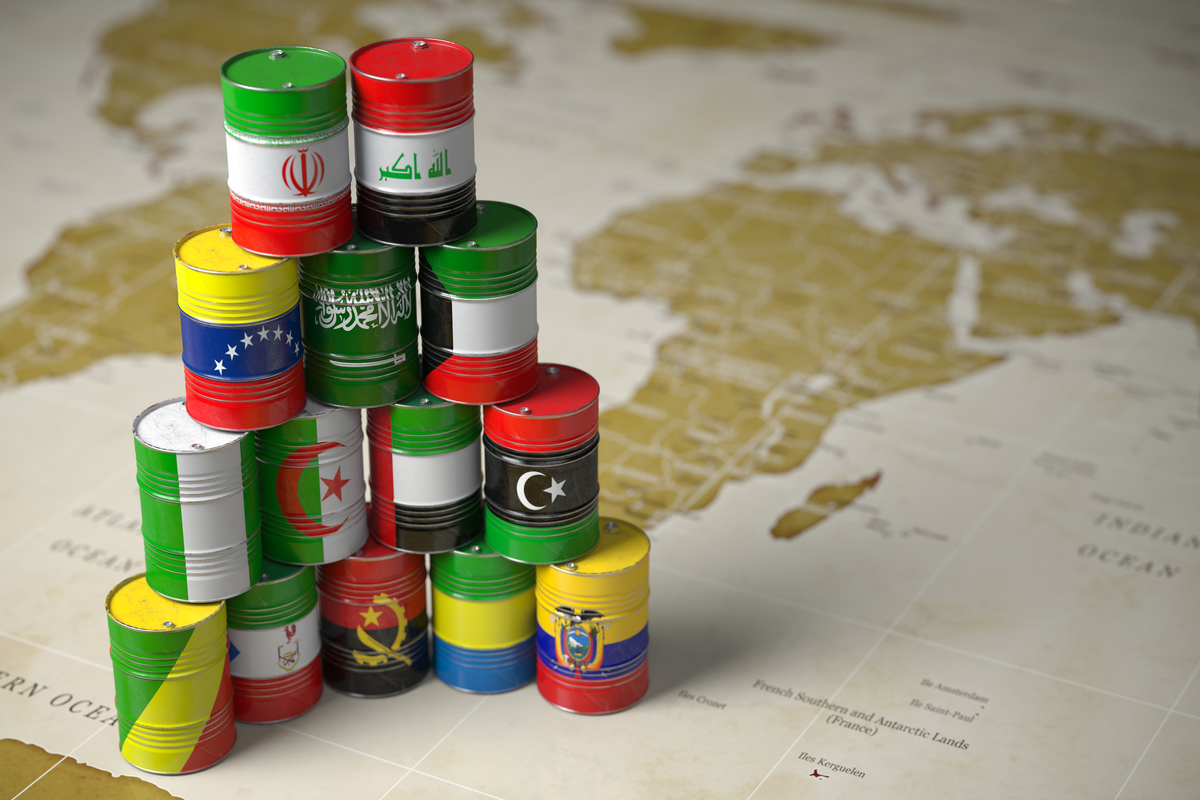Brent futures pare losses as OPEC+ members hint at more output cuts
Front-month ICE Brent has bounced back by $4.18/bbl on the day, to $85.23/bbl at 09.00 GMT.
 PHOTO: Getty Images
PHOTO: Getty Images
Upward pressure:
The oil market has regained its footing after Saudi Arabia and Iraq hinted at further production cuts. This comes after OPEC+ reduced production quotas by 2 million b/d in October.
Analysts are interpreting Russia’s warning that “grave consequences” will follow the G7 price cap mechanism as an indication that the Kremlin will stifle crude supply.
The International Energy Agency has reported that the core OPEC group produced 25.40 million b/d in October, which is 1.29 million b/d below their combined target. Russia and OPEC+ allies produced 15.12 million b/d in October, which was 1.94 million b/d below their combined target.
OPEC+ members are already underproducing their targets, and signs of further cuts are once again supporting Brent. OPEC and allies will meet this Sunday to discuss demand scenarios and lay a new production plan.
Downward pressure:
The US has lifted oil sanctions on Venezuela and granted Chevron a license to resume oil production. White House national security spokesperson John Kirby adds that the sanction itself mandates that whatever oil is drilled must go to the US.
ANZ commodity strategist Daniel Hynes says Chevron may take a few months to ramp up production to 100,000 b/d, and further gains would require “significant investment.” The market has currently shrugged off the news, but if Chevron ramps up production considerably in the near future it will add downward pressure to Brent prices.
China has tweaked some Covid-19 restrictions after protests across the nation, but analysts expect it to maintain its zero-Covid policy for some time.
S&P Global predicts China's domestic oil demand will decline by over 550,000 b/d this year, with further downward revisions expected if Covid cases continue to rise.
Investment bank Nomura has lowered its forecast for Chinese GDP growth this year and next year due to concerns about Covid. Ting Lu, Nomura's chief China economist, said, "as of Monday, nearly 20% of China's GDP was negatively affected by Covid controls, close to the high of 21.2% during Shanghai's lockdown last month."
The G7 price cap on Russian seaborne oil comes into effect on Monday, but European nations have yet to reach a consensus on it. Reuters reports that Ukrainian President Volodymyr Zelenskyy has called for a price cap to be set at $30-40/bbl, instead of the G7's proposed $65-70/bbl.
By Konica Bhatt
Please get in touch with comments or additional info to news@engine.online





